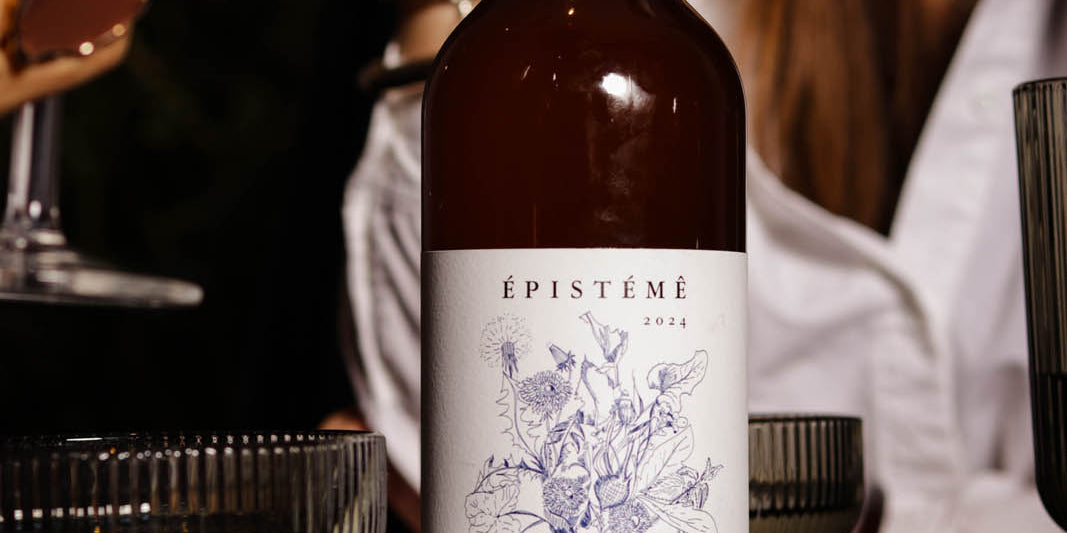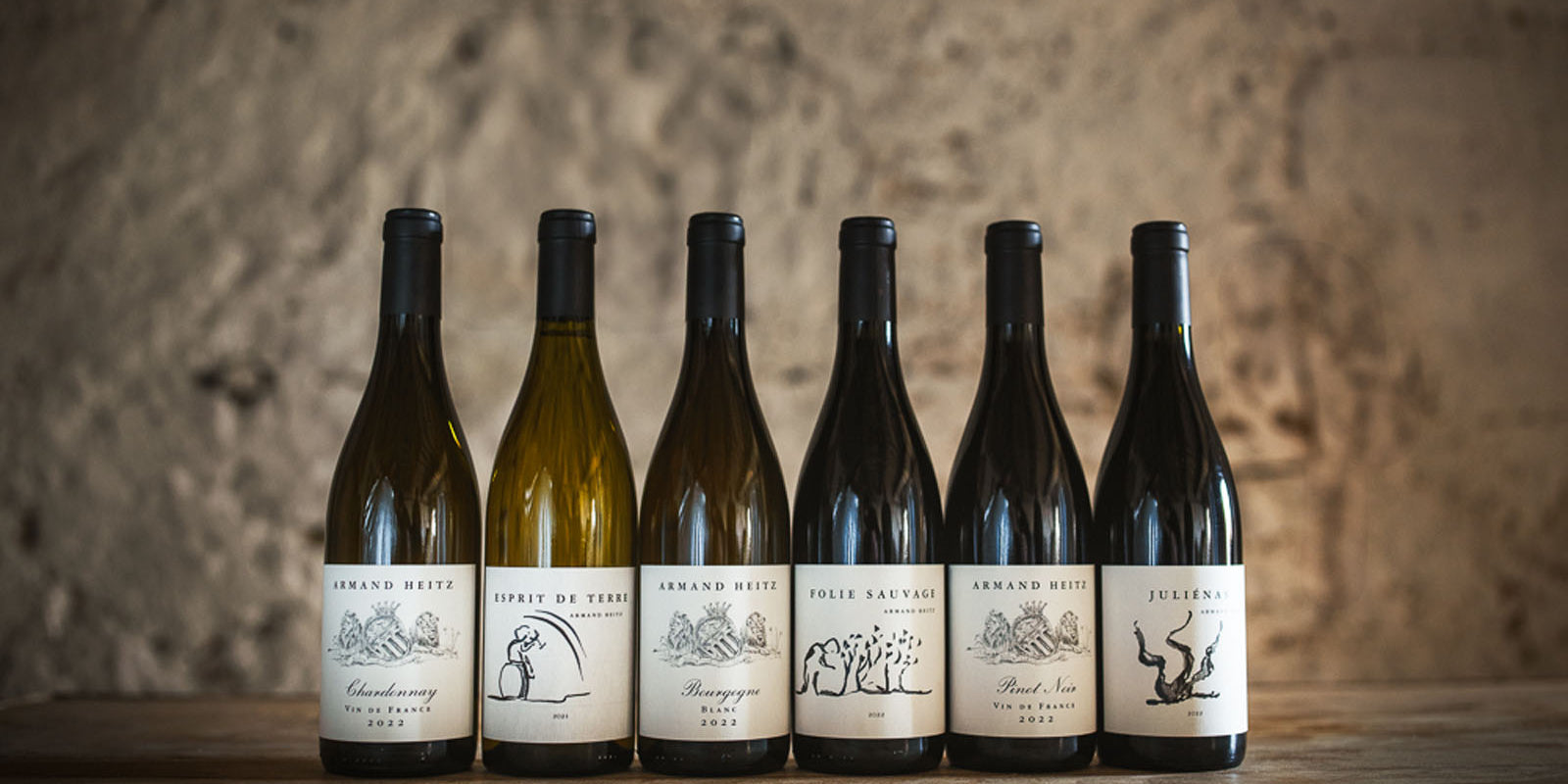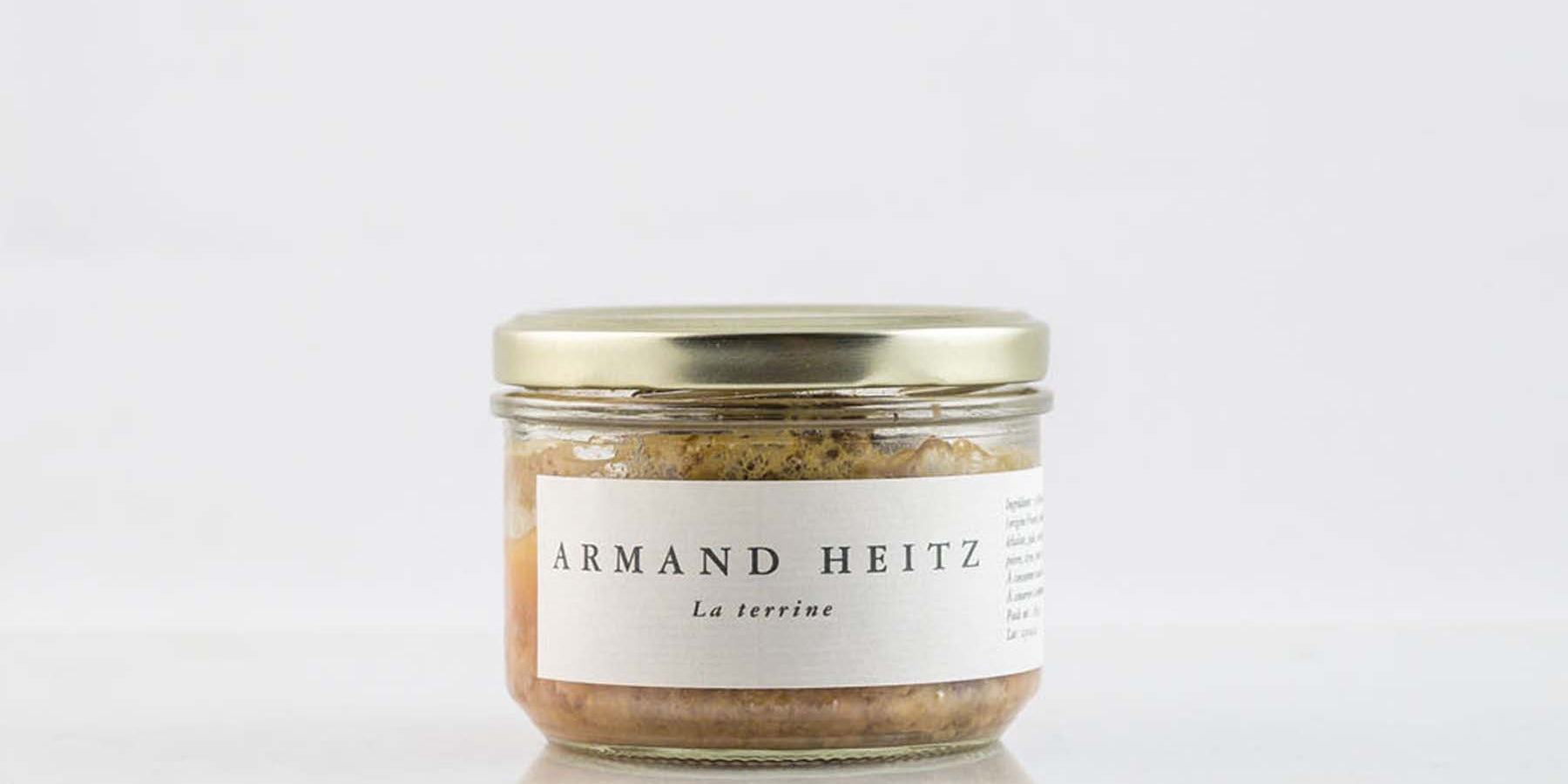Wheat, rye, buckwheat, hops and oak barrels: after long months out of stock because they are victims of their success, that's it, my beers are finally available ! The three major objectives of my beers were to:
- get out of the ugly name white, blonde, brunette
- move away from intensive cereal cultivation that consumes inputs
- integrate this production in a virtuous way with my other activities
Hop beer is new to this range. A major ingredient in the production of beer, I suggest that we retrace its history and I will then present to you how I chose to make my beer with hops.
Hops have been used regularly in beer since the 13th century. Before that, it was used in beer sporadically depending on whether it grew naturally around the place of production or not. A beer without hops is called a gruit or cervoise, in reference to these beers infused with aromatic plants available to brewers. Hops have established themselves for their antioxidant, antibacterial properties and preservatives.
Depending on the time and temperature of infusion in the beer, it will bring bitterness, aromas and alpha acids by spreading its resin and essential oils. Apart from styles that will give pride of place to hops such as IPAs and their numerous variations, it will bring very little character to your beverage. Stouts, Sours, Wild ales, Barley wines, Porters, Lagers are very little dependent on hops. On the contrary, they depend mainly on cereals and yeasts.
Many breweries try to do without it by making these famous gruits based on local plants such as La Montagnarde, Blue Donkey, Beerserk, Les Brasseurs Cueilleurs. But why want to do without it? Brewers are very often part of a local approach. However, today, it is not easy to find hops in Europe. Americans, New Zealanders, Australians and Japanese are the largest producers. How did we get here ?

The old continent initially struggled to get into the craft beer trend and for a long time relied on its brewing traditions that did not involve hops. While the Americans were leading their hop revolution and seeking to develop ever more aromatic hoppy beers, the Europeans did not understand that this fashion was not temporary. A strong patent policy was applied to all interesting hybrids so that merciless international competition has taken place since the 1990s on the discovery of new varieties.
France did not support Alsatian hop farms and Europe now lags hugely behind the new world of beer in terms of aromatic hop production. Today we are witnessing the renaissance of French hops with the red beard, the cascade or the columbus but the golden age of French hops is either far behind us or far ahead of us.
In order to be consistent with local and artisanal values, the sourcing of materials has become an important criterion for brewers. With Brasserie de France, we were able to select the magnum hops grown by the Houblonnière du Château in the town of Corberon, just 10 km from the brewery, impossible to get closer. A very subtle hop, both aromatically and bitterly, it corresponds exactly to the style and aromatic balance that I defend and love.

Whether in architecture, oenology, cooking or for my beers, I defend balance, harmony and finesse. An illuminated sign, too much wood, too strong a seasoning or too intense aromatics can attract the eye or the palate for a short time, but these markers have no lasting aesthetic or subtlety.
Obviously, climate change is happening here and is testing new French growers to such an extent that the 2022 harvest has been divided by 2. There is therefore still a long way to go for the hops industry to be balanced between supply , demand and climatic hazards. I have undertaken a colossal amount of work on my vines and my farm so that they require fewer inputs and can defend themselves against heatwaves. It is with the same philosophy that I want to work on my beers and my hop selections.
As I often say, let's adapt our way of brewing rather than trying to fight against nature.
Armand Heitz










